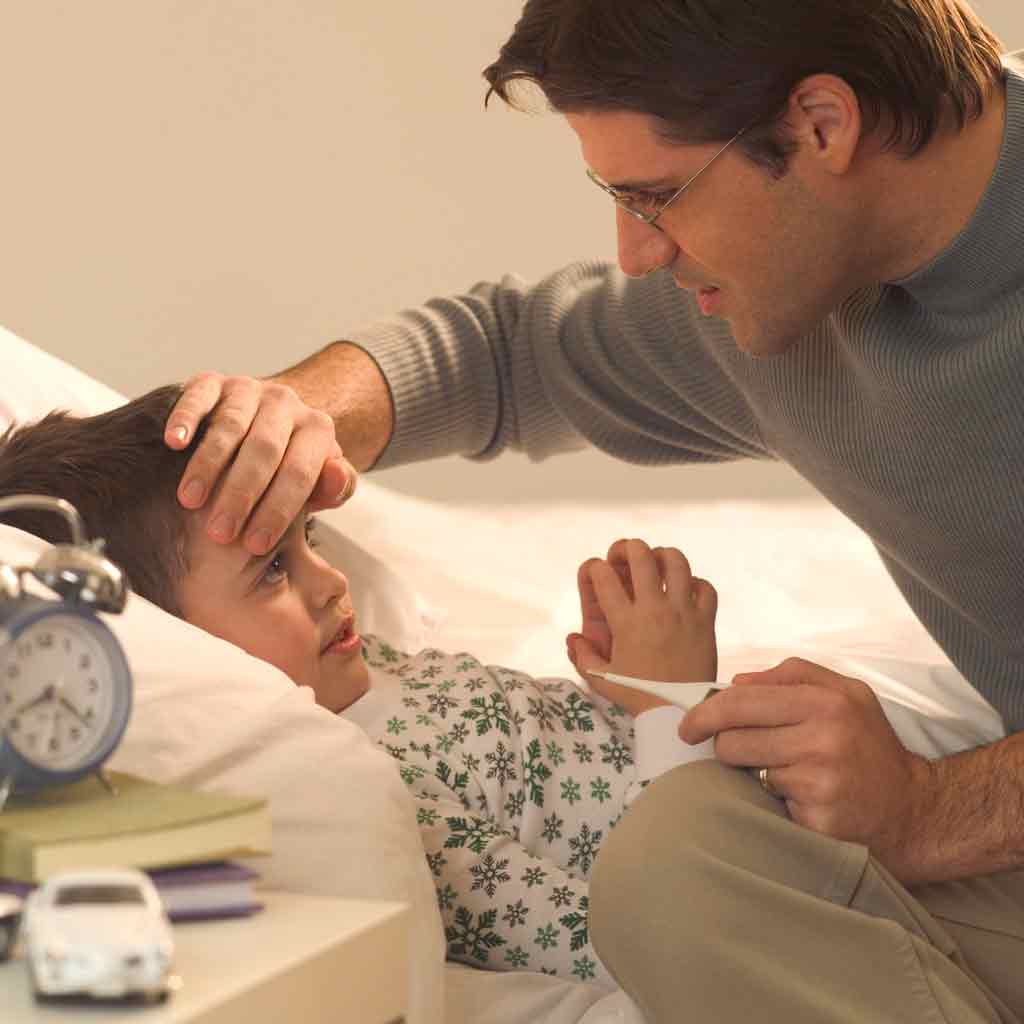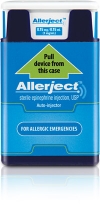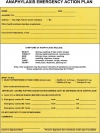 The Child Care and Early Years Act (CCEYA) outlines mandatory daily outdoor play for all children.
The Child Care and Early Years Act (CCEYA) outlines mandatory daily outdoor play for all children.
A child that is too ill to fully participate in daily activities at Together We Grow is required to remain at home until he/she recovers.
If a child becomes ill during the day, temporary care will be provided until the parent is notified and the child is picked up.
Prevention is an integral part of this policy.
Staff and students will implement the following prevention strategies as outlined in this policy and in the Sanitation Policy and Procedures.
This document includes policies and procedures related to all of the following topics:
- Signs and symptoms of communicable disease*
- Communication with parents and staff with respect to infection, prevention and control*
- Immunization records*
- Reporting to the medical officer of health*
- Management of infectious disease*
- Exclusion of sick children, staff, students or volunteers*
Signs and symptoms of communicable disease
Daily Health Checks Daily Health Checks will be completed to detect any possible symptoms of ill health and prevent spread of illness in the class room. Checks are to be recorded on the daily attendance sheet by the ECE or ECA’s in the classroom.
In addition to looking for and documenting symptoms of ill health such as fever, rash or gastrointestinal symptoms, staff must be mindful of any sudden or gradual changes to a child’s behaviour, sleeping or eating patterns, or signs that a child has lost some previously acquired skill (for e.g. stopped feeding themselves, stopped using language, etc).
If a child appears to be ill, the staff will notify the Supervisor and parents will be contacted immediately.
Parents will be given 1 hour to come and pick up their child. The child will be separated from the other children, and the child’s symptoms will be monitored and communicated to parents/guardians. Symptoms will also be recorded on an illness report and placed in the child’s file.
If the child’s parents are not able to pick their child within the hour, staff are to notify the supervisor or director who will determine whether or not to contact immediate medical help.
If the child requires immediate medical attention (i.e. anaphylaxis, unconsciousness, etc), the supervisor will call an ambulance and have the child transported to the hospital immediately.
Obvious symptoms that indicate a child is ill:
- A fever over 37.9C˚.
- Cold with fever, runny nose and eyes, coughing and sore throat.
- Red or discharging eyes or ears
- Undiagnosed skin rashes or infections
- Stomach ache
- 2 cases of diarrhea or vomiting.
- Severe, itchy body or scalp.
- Known, or suspected, contagious illness, e.g., chicken pox, mumps, and measles.
Communication with parents & staff with respect to infection prevention & control practices
- Staff are required to inform parents if their child is ill within 1 hour of onset.
- Parents are to inform the supervisor immediately if their child is not attending child care due to illness.
- Parents are required to report any diagnosis of communicable diseases to the supervisor immediately.
- Staff and parents are required to read and abide by policies and procedures in this document and the Sanitation Policies & Procedures.
- In the event of an outbreak, the supervisor will post notification signs within 24 hours at the entrance and throughout the centre so that all staff and families are aware.
Maintenance of Immunization Records
The Child Care Early Years Act requires that, prior to admission, each child and staff member must be immunized as recommended by the local Medical Officer of Health. The Medical Officer of Health requires every child attending a licensed childcare facility to be up-to-date with their immunizations.
All staff and students are required to submit an up-to-date copy of their Immunization Record.
Parents who do not immunize their children for personal or religious beliefs are to provide a written exemption from your child’s physician stating the reason why the child is not immunized, and this document must be notarized. A copy of this statement will be kept in the child’s record.
All immunization records will be stored in each staff member and child’s file located in the office.
Reporting to the Medical Health Officer
The following list of reportable diseases must be communicated to local Public Health units:
- Acquired Immunodeficiency Syndrome (AIDS)
- Acute Flaccid Paralysis
- Amebiasis
- *Anthrax
- *Botulism
- *Brucellosis
- Campylobacter enteritis
- Chancroid
- Chickenpox (Varicella)
- Chlamydia trachomatis infections
- *Cholera
- *Clostridium difficile associated disease (CDAD) outbreaks in public hospitals
- Creutzfeldt-Jakob Disease, all types
- *Cryptosporidiosis
- *Cyclosporiasis
- *Diphtheria
- *Encephalitis, including:
- *Primary, viral
- Post-infectious
- Vaccine-related
- Subacute sclerosing panencephalitis
- Unspecified
- *Food poisoning, all causes
- *Gastroenteritis, institutional outbreaks
- *Giardiasis, except asymptomatic cases Gonorrhea
- *Group A Streptococcal disease, invasive Group B Streptococcal disease, neonatal
- *Haemophilus influenzae b disease, invasive
- *Hantavirus Pulmonary Syndrome
- *Hemorrhagic fevers, including:
- *Ebola virus disease
- *Marburg virus disease
- *Other viral causes
- *Hepatitis, viral 1.
- *Hepatitis A 2.
- Hepatitis B 3.
- Hepatitis C
- Influenza
- *Lassa Fever
- *Legionellosis Leprosy
- *Listeriosis
- Lyme disease
- Malaria
- *Measles
- *Meningitis, acute
- *Bacterial
- Viral
- Other
- *Meningococcal disease, invasive
- Mumps
- Ophthalmia neonatorum
- Paralytic Shellfish Poisoning
- *Paratyphoid Fever
- Pertussis (Whooping Cough)
- *Plague Pneumococcal disease, invasive
- *Poliomyelitis, acute
- Psittacosis/Ornithosis
- *Q Fever
- *Rabies
- *Respiratory infection outbreaks in institutions
- *Rubella
- Rubella, congenital syndrome
- Salmonellosis
- *Severe Acute Respiratory Syndrome (SARS)
- *Shigellosis
- *Smallpox
- Syphilis
- Tetanus
- Trichinosis
- Tuberculosis
- *Tularemia
- *Typhoid Fever
- *Verotoxin-producing E. coli infection, including Haemolytic Uraemic Syndrome (HUS)
- *West Nile Virus illness, including:
- *West Nile fever
- *West Nile neurological manifestations
- *Yellow Fever
- Yersiniosi
Note: Diseases marked * (and Influenza in institutions) should be reported immediately to the Medical Officer of Health by either telephone (24 hours a day, 7 days a week) or fax (Mon-Fri, 8:30 am – 4:30 pm only). Other diseases can be reported the next working day by fax, phone or mail.
Management of/response to Infectious Disease
If an outbreak occurs, Together We Grow is legally responsible for reporting it to York Region Public Health unit.
Once the outbreak is reported, the child care centre is required to:
- follow all health unit recommendations
- provide health unit with necessary information relating to children and staff
- facilitate the collection of stool, water and/or food specimens from ill children after obtaining consent from parents/guardians
- immediately report changes associated with the outbreak and provide updated information using the line list
- communicate necessary information to families
Enteric Outbreak
May be in effect when there are three or more related (eg. Same room, same age group) children or staff with similar signs and symptoms of enteric infection:
- occurring within 48 hours in the center
- when there are two or more laboratory confirmed cases
- when the number of ill staff/children exceeds what is normal in the childcare centre or school within a short period of time
Typical symptoms of enteric illness:
- diarrhea
- bloody diarrhea
- vomiting
- nausea
- stomach cramps
- fever
- general irritability
- malaise
- headache
First Aid Kit
Together We Grow staff who have obtained Standard First Aid and CPR-C training are able to use First Aid procedures if required. First Aid Kits and Manuals are available in each class room.
Notify York Region Public Health, Infectious Disease Control Division if you suspect an enteric outbreak at
905-830-4444 x73588 (Mon-Fri 8:30 AM - 4:30 PM)
or 905-953-6478 (Weekends & Holidays).
Exclusion of sick children, staff, parents and/or volunteers
Parents/guardians must keep ill children at home to prevent the spread of illness at the Centre. Staff are to ensure they have emergency back-up plans to accommodate for children should these symptoms arise.
There are other times when a child is not showing signs of a definite illness, but yet not able to handle the day. In these instances, it will be the decision of the Supervisor and the Staff as to whether the child should be sent home.
The same principle applies to staff who are feeling ill.
Diarrhea / Vomiting & Fever Procedures
Parents will be asked to pick up their child if he/she develops a temperature of 39.7 ˚C.
Parents will also be asked to pick up their child if he/she has more than two diarrhea / vomiting episodes in one day.
Children must be symptom free for 24 hours before returning to the Centre.
In some cases a doctor’s note may be requested upon your child's return to the Centre.



